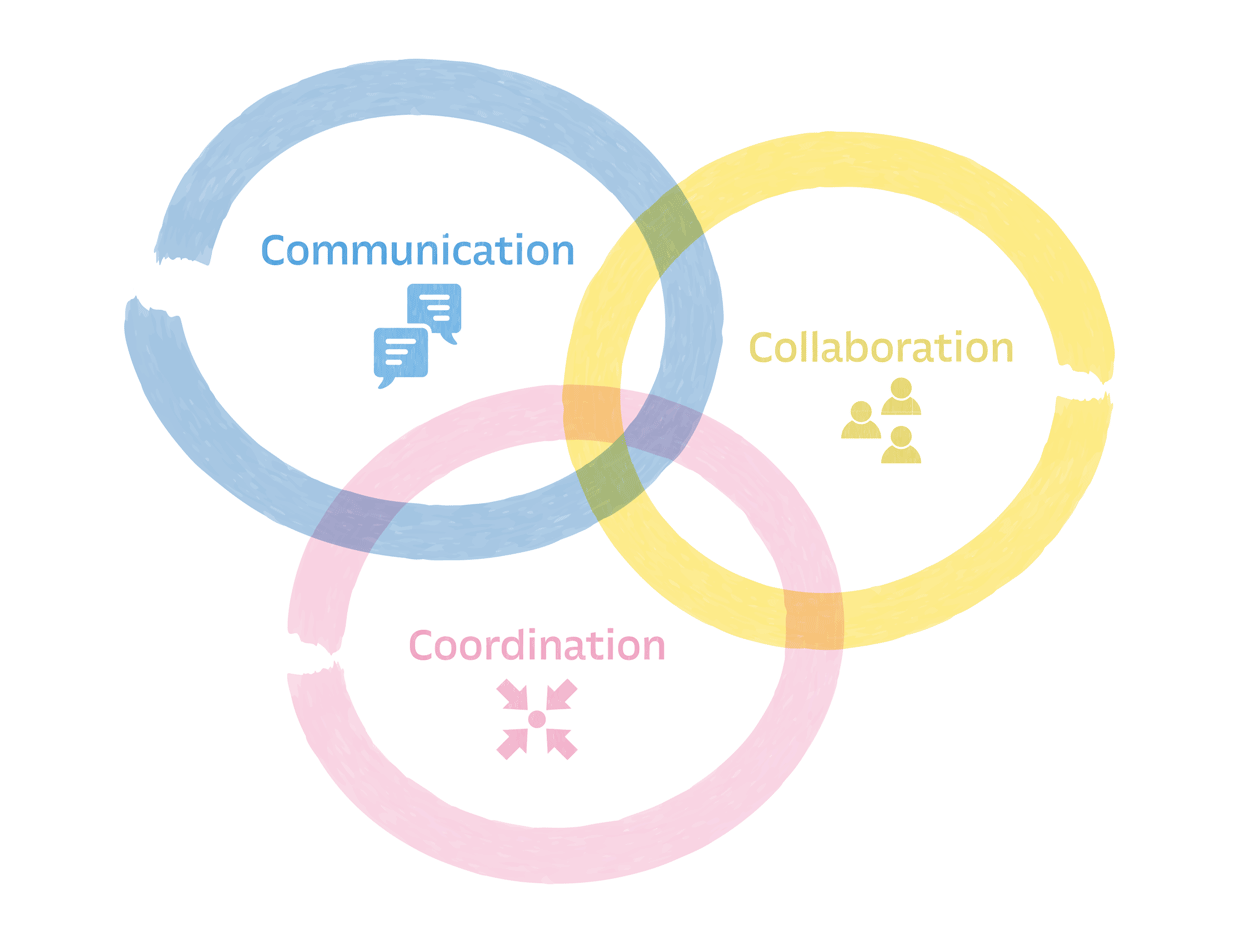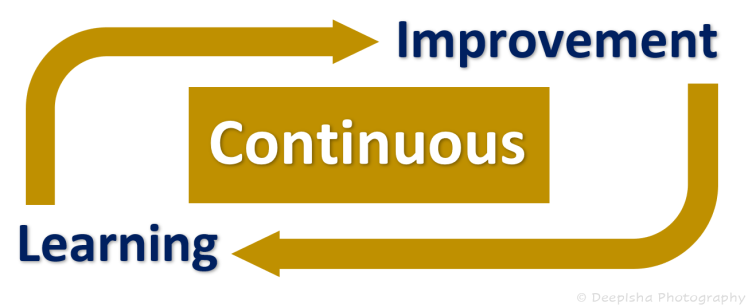Top 5 Business Analyst Skills You Need to Succeed
4 September 2024
Blog

Top 5 Business Analyst Skills You Need to Succeed
In the ever-evolving landscape of modern business, the role of a Business Analyst is paramount. They act as the bridge between IT and business stakeholders, translating complex requirements into actionable solutions. However, not all Business Analysts are created equal. To excel in this demanding field truly, certain skills are indispensable. This article explores the top 5 skills that can propel a Business Analyst towards success.
1. Analytical Skills: The Foundation of Problem-Solving

At the core of a Business Analyst’s role lies the ability to dissect complex problems and derive insightful solutions. This requires strong analytical skills, enabling them to:
Gather and Interpret Data: Business Analysts must be adept at collecting data from diverse sources, including interviews, surveys, and databases. They then need to analyze this data, identifying patterns, trends, and anomalies that can inform decision-making.
Problem Identification and Definition: A skilled Business Analyst can pinpoint the root cause of a problem, even when symptoms are misleading. They can clearly define the problem, ensuring all stakeholders have a shared understanding.
Critical Thinking: Business Analysts must be able to think critically, evaluating information objectively and drawing logical conclusions. This helps them avoid biases and make informed recommendations.
Solution Design: Once a problem is identified, Business Analysts need to design feasible solutions. This involves brainstorming, evaluating alternatives, and selecting the most appropriate course of action.
2. Communication Skills: The Key to Collaboration

Business Analysts interact with a wide array of stakeholders, from technical teams to senior management. Effective communication skills are crucial to foster collaboration and ensure everyone is on the same page. These skills include:
Active Listening: Business Analysts must be attentive listeners, able to understand not just what is being said, but also the underlying concerns and motivations.
Verbal and Written Communication: They need to articulate their ideas clearly and concisely, both in spoken and written form. This includes tailoring their communication style to suit different audiences.
Presentation Skills: Often, Business Analysts need to present their findings and recommendations to key decision-makers. Strong presentation skills, including visual aids and storytelling techniques, can significantly enhance their impact.
Negotiation and Conflict Resolution: Disagreements and conflicts are inevitable in any project. Business Analysts should be skilled negotiators, capable of finding common ground and resolving disputes amicably.
3. Technical Skills: Navigating the Digital Landscape

While Business Analysts don’t need to be expert programmers, a solid understanding of technology is essential. Technical skills enable them to:
Understand IT Systems: Business Analysts need to grasp how different IT systems work and interact. This helps them identify potential integration challenges and propose suitable solutions.
Data Modeling and Analysis: They should be proficient in data modeling techniques, allowing them to organize and structure data effectively for analysis. Familiarity with data analysis tools and software is also advantageous.
Process Mapping and Improvement: Business Analysts often need to document and optimize business processes. Knowledge of process mapping tools and techniques is crucial for this task.
Emerging Technologies: Staying abreast of emerging technologies is essential in today’s fast-paced digital world. This allows Business Analysts to anticipate future trends and identify opportunities for innovation.
READ MORE : A Day in the Life of a Business Analyst: What to Expect
4. Domain Knowledge: Understanding the Business Context

To provide valuable insights and recommendations, Business Analysts need a deep understanding of the industry and business domain they operate in. This includes:
Industry Trends and Best Practices: Keeping up with the latest industry developments and best practices is vital. This allows Business Analysts to identify potential risks and opportunities for their organization.
Business Processes and Operations: A thorough understanding of the company’s internal processes and operations is essential. This helps Business Analysts identify areas for improvement and streamline workflows.
Regulatory and Compliance Requirements: Business Analysts must be aware of relevant regulations and compliance standards. This ensures their solutions adhere to legal and ethical guidelines.
Competitor Analysis: Understanding the competitive landscape is crucial for strategic decision-making. Business Analysts should be able to analyze competitors’ strengths and weaknesses to identify opportunities for their organization.
5. Adaptability and Continuous Learning: Thriving in a Dynamic Environment

The business world is constantly evolving, and Business Analysts need to be adaptable to keep pace. This requires:
Openness to Change: Business Analysts should embrace change and be willing to learn new skills and technologies.
Problem-Solving Mindset: They need to approach challenges with a proactive and solution-oriented mindset.
Continuous Learning: A commitment to lifelong learning is essential. This could involve attending workshops, pursuing certifications, or simply staying informed about industry trends.
Resilience: Setbacks and obstacles are inevitable. Business Analysts need to be resilient, able to bounce back from failures and learn from their mistakes.
READ MORE : Why Become a Business Analyst? 7 Compelling Reasons
Conclusion:
The role of a Business Analyst is multifaceted and demanding. It requires a unique blend of analytical, communication, technical, and domain-specific skills. Moreover, the ability to adapt and continuously learn is essential for success in this ever-changing field.
By honing these top 5 skills, Business Analysts can position themselves as invaluable assets to their organizations, driving innovation and contributing to sustainable growth. Whether you’re an aspiring Business Analyst or a seasoned professional, remember that continuous development is key to thriving in this exciting and rewarding career.
Unlock your potential as a business analyst and embark on a journey of professional growth with our comprehensive training program. Enroll now to gain practical skills, industry insights, and certification preparation tailored to excel in the dynamic field of business analysis.

